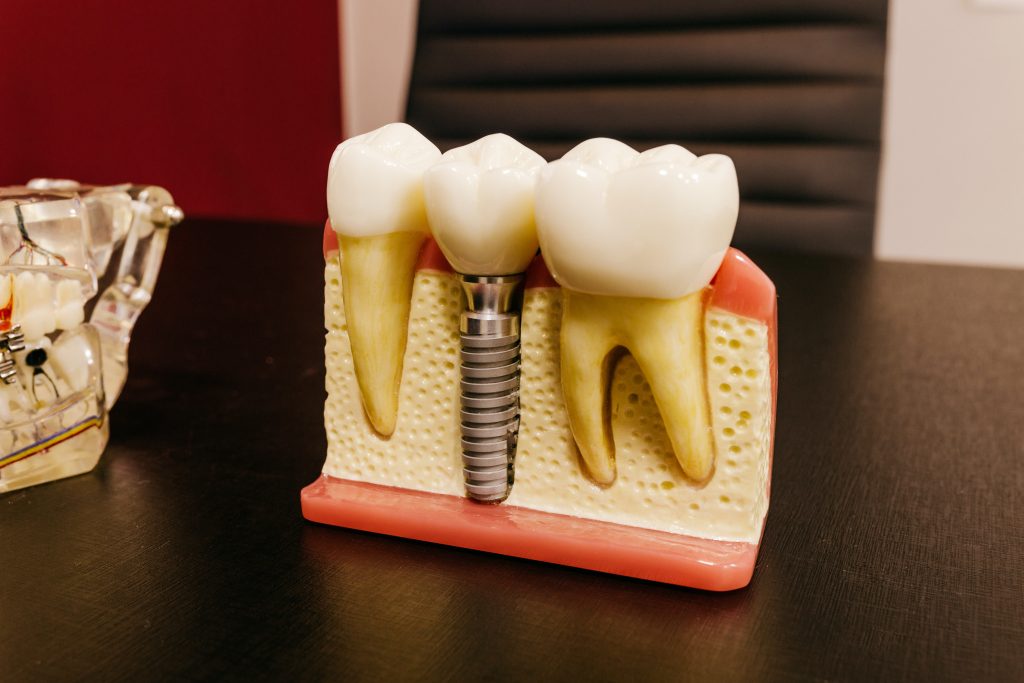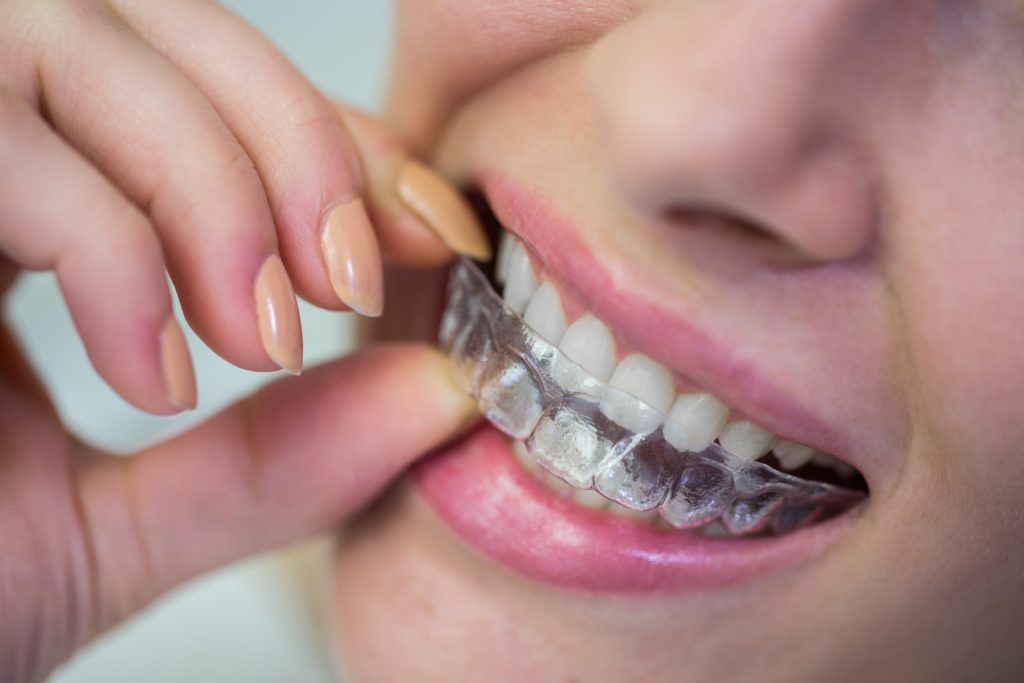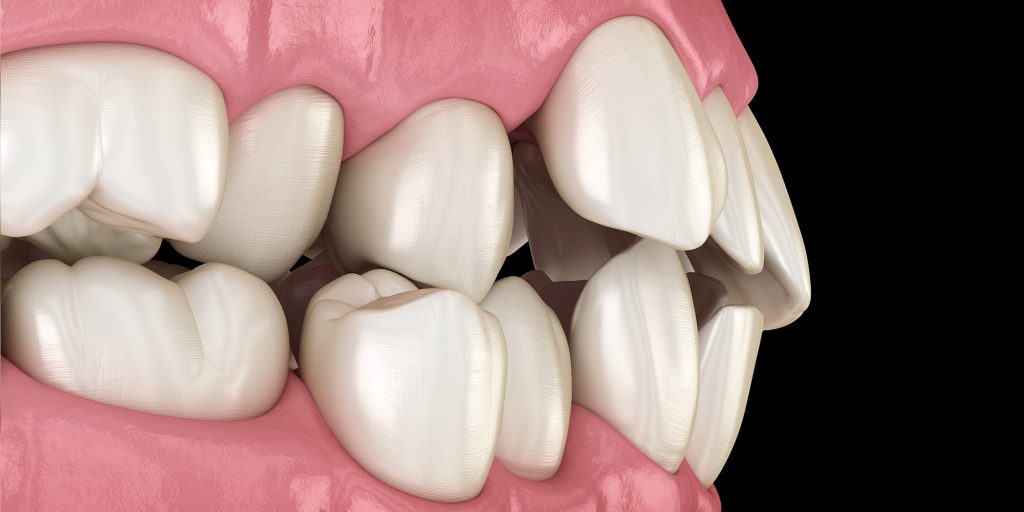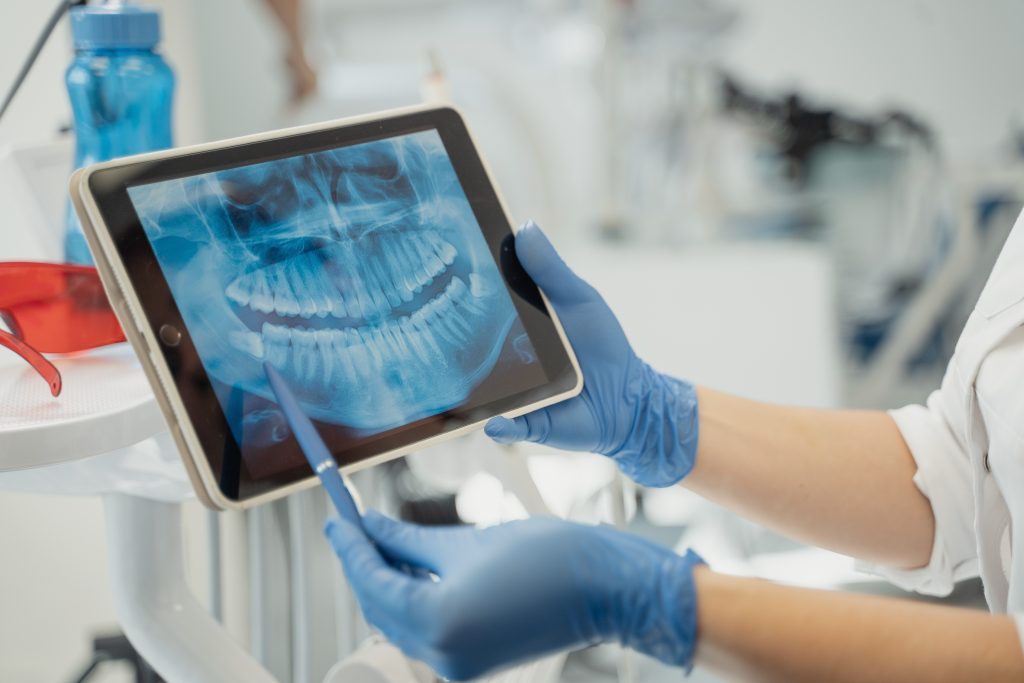Bruxism and Dental Implants: What you Need to Know
Bruxism is defined as teeth grinding and clenching caused by the activity of the masticatory muscles at night and/or throughout the day. Continuous contact between the teeth as a result of the contraction of the masticatory muscles is called ‘clenching’, while the continuation of the chewing process when there is no substance in the mouth is called ‘teeth grinding’. People who suffer from teeth clenching or teeth grinding are usually unaware of the condition, so early diagnosis and treatment will prevent many problems. Bruxism is a common condition that affects millions of people worldwide. This condition is characterized by the grinding, clenching, or gnashing of teeth, often during sleep, but it can also occur during the day. Bruxism can cause a range of dental issues, including damage to dental implants. Dental implants are an effective method of replacing missing teeth, but they require a strong and healthy jawbone to support them. Bruxism can weaken this support structure, leading to implant failure.

Understanding Bruxism
Especially during sleep, people can experience intense teeth grinding. Individuals can also unconsciously clench their teeth while not sleeping. This discomfort, which is generally sleep-related, is mostly seen in individuals. While bruxism discomfort is mild in some people, it is more severe in some people.
People may experience intense headache and jaw pain due to bruxism. In order to prevent this, they need to be treated. Many people may not realize whether they have this disease or not. People are mostly unaware of this condition. It generally occurs unconsciously in the body.
People see that changes occur in their tooth structures over time. They cannot observe the changes that occur especially due to excessive tooth clenching and grinding. Individuals can investigate treatment methods depending on the cracks on the teeth and tooth enamel wear.
Bruxism is a condition that affects people of all ages, genders, and backgrounds. It often occurs unconsciously, making it difficult to detect unless someone else notices the sound of grinding or clenching. There are two types of bruxism: awake bruxism and sleep bruxism. Awake bruxism occurs during the day and is often a response to stress or anxiety. Sleep bruxism, on the other hand, occurs during sleep and is often related to sleep disorders or other medical conditions.
The cause of bruxism is not fully understood, but it is believed to be related to a combination of factors, including stress, anxiety, sleep disorders, and dental issues. For example, misaligned teeth or a bite that is not properly aligned can cause bruxism. Other factors that may contribute to bruxism include caffeine, alcohol, and smoking.

The Relationship Between Bruxism and Dental Implants
Dental implants are artificial teeth that are surgically implanted into the jawbone. They are a popular method for replacing missing teeth because they look and function like natural teeth. However, dental implants require a strong and healthy jawbone to support them. Bruxism can weaken the jawbone, causing it to break down and leading to implant failure.
When you grind your teeth, you put pressure on your teeth, jawbone, and surrounding tissue. This pressure can cause the bone around your dental implant to break down, leading to implant failure. Additionally, the force of bruxism can cause the implant to loosen or even fracture, requiring costly and painful repair.
Preventing Damage to Dental Implants from Bruxism
If you have dental implants and suffer from bruxism, there are steps you can take to protect them from damage. But the first step should be consulting a professional dental center such as Alfa Dental Center.

- Night Plaques
The first method considered for the treatment of teeth clenching and grinding is the night plaque. Night plaques are removable materials made of a transparent and slightly flexible material. A custom-fitted night plate is one of the most effective ways to protect your dental implants from bruxism. When placed in the mouth, it significantly reduces the activity of the chewing muscles. These devices create a barrier between your teeth and absorb the force of grinding, preventing damage to your teeth, jawbone, and implants. At the same time, it spreads the chewing pressures on the teeth more evenly, so that teeth clenching and grinding are controlled. Reduced muscle activity indirectly results in relaxation of the surrounding tissues. As a result of the regular use of night plaque for a certain period of time, the person can stop using the plaque with muscle relaxation. If the problem occurs again, the same plaque can be used again.

- Stress Management
Stress is a leading cause of bruxism, and finding ways to manage stress can help reduce teeth grinding. Techniques such as meditation, yoga, or counseling can help you manage stress levels and reduce the likelihood of bruxism.

- Correct Misaligned Teeth
Misaligned teeth can cause bruxism, and correcting these issues can help reduce the likelihood of teeth grinding. Your dentist can examine your teeth and recommend the appropriate treatment to help realign your teeth.

- Avoid Hard Foods
Avoiding hard foods can help protect your dental implants from damage. Foods such as hard candy, popcorn, and ice can cause damage to your implants or exacerbate bruxism symptoms.

What to Do If You Have Bruxism and Dental Implants?
If you have bruxism and dental implants, it is essential to work with your dentist to manage your condition and protect your implants. Your dentist and Alfa Dental Center can work with you to create a treatment plan that includes night plaques, stress management, and other techniques to protect your implants from damage.
If you experience any symptoms of bruxism, such as jaw pain or headaches, talk to your dentist right away. Early intervention can help prevent damage to your teeth and dental implants.
Conclusion
Bruxism can be a significant risk to your dental implants, but the good news is that there are steps you can take to protect them. By using night plaque, managing stress, and avoiding hard foods, you can help prevent damage to your implants and protect your investment in your smile. If you have dental implants and suffer from bruxism, talk to your dentist in Alfa Dental Center about the best ways to protect your implants and maintain your oral health.




